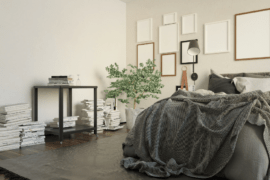When looking for the best of interior design and personal well-being, the ancient Chinese practice of Feng Shui often takes center stage, especially when it comes to arranging our most intimate of spaces—our bedrooms. The concept of following a Feng Shui bed direction when decorating has intrigued and guided countless individuals seeking harmony and balance in their personal sanctuaries. This guide delves into the art and science behind selecting the ideal position for your bed, ensuring your sleeping space not only looks inviting but also promotes a flow of positive energy for restful nights and rejuvenated mornings.
Understanding the Basics of Feng Shui Bed Directions
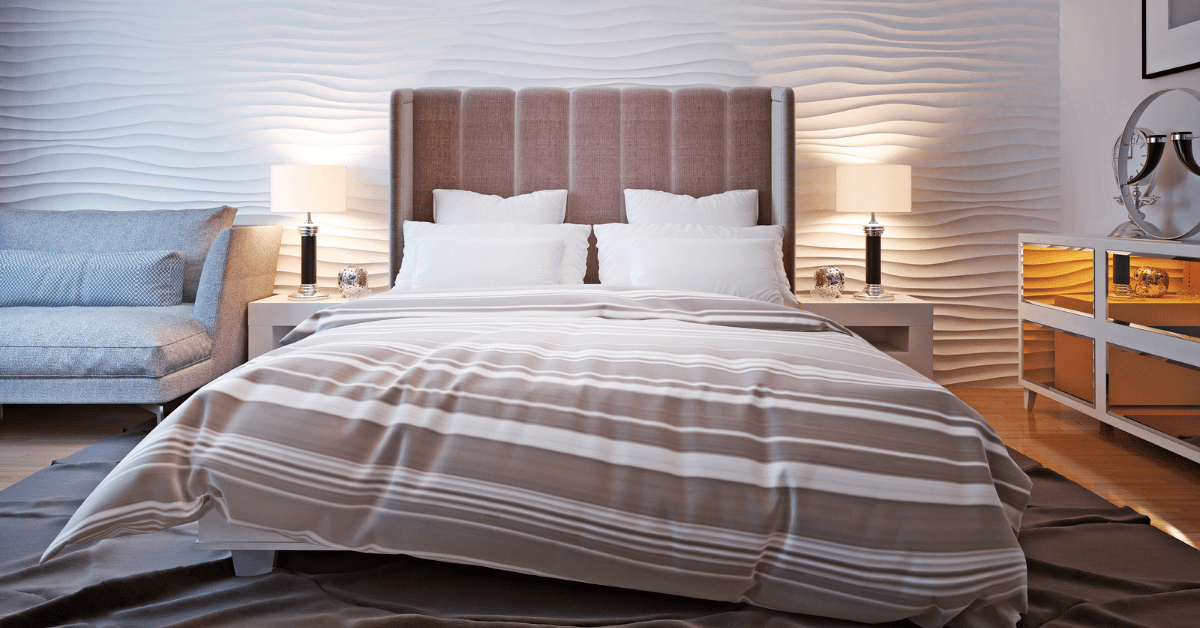
At its core, Feng Shui is about harmonizing individuals with their surrounding environment. The direction your bed faces plays a pivotal role in this, influencing your sleep quality, energy levels, and overall well-being. The ideal bed position is often referred to as the “command position.” This placement allows you to see the door from your bed without being directly in line with it, offering a sense of security and control. It’s believed that this arrangement not only facilitates a better sleep pattern but also positions you to embrace opportunities and positive energy that flow into your life.
Moreover, the specific compass direction your head points towards while sleeping can further enhance this harmonious relationship. Each direction is said to bring different energies and benefits, depending on your personal Kua number—an element determined by your birth year and gender, which you can find using a Feng Shui bed direction chart. For instance, some directions are thought to foster better relationships, improve health, or even boost financial prosperity. The key is finding the right balance that aligns with your personal energy and life aspirations.
The Significance of Avoiding Direct Alignments
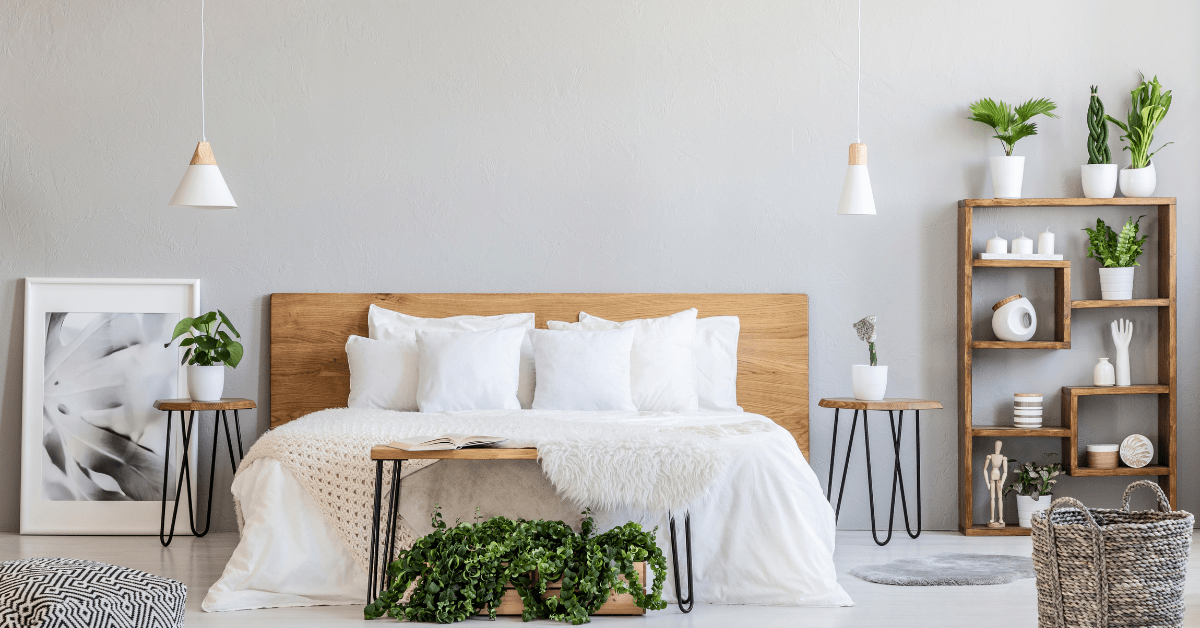
One of the fundamental principles of Feng Shui is the avoidance of sharp angles or direct alignments with doors, windows, and mirrors. These are often termed as “poison arrows”—straight lines directing negative energy towards your resting space. Positioning your bed away from the direct path of the bedroom door not only minimizes disruptions but also shields you from unwanted energy. Similarly, ensuring your bed isn’t placed under a window helps in maintaining a stable and supportive energy field around your sleeping area.
Mirrors facing the bed are another aspect to consider carefully. According to Feng Shui, mirrors reflecting the bed can lead to restlessness and amplify worries, potentially affecting your sleep quality. If you have mirrored closet doors or a dressing mirror that faces your bed, it might be worth exploring alternatives or finding ways to cover them at night to create a more serene and supportive sleep environment.
Choosing the Right Bed and Accessories
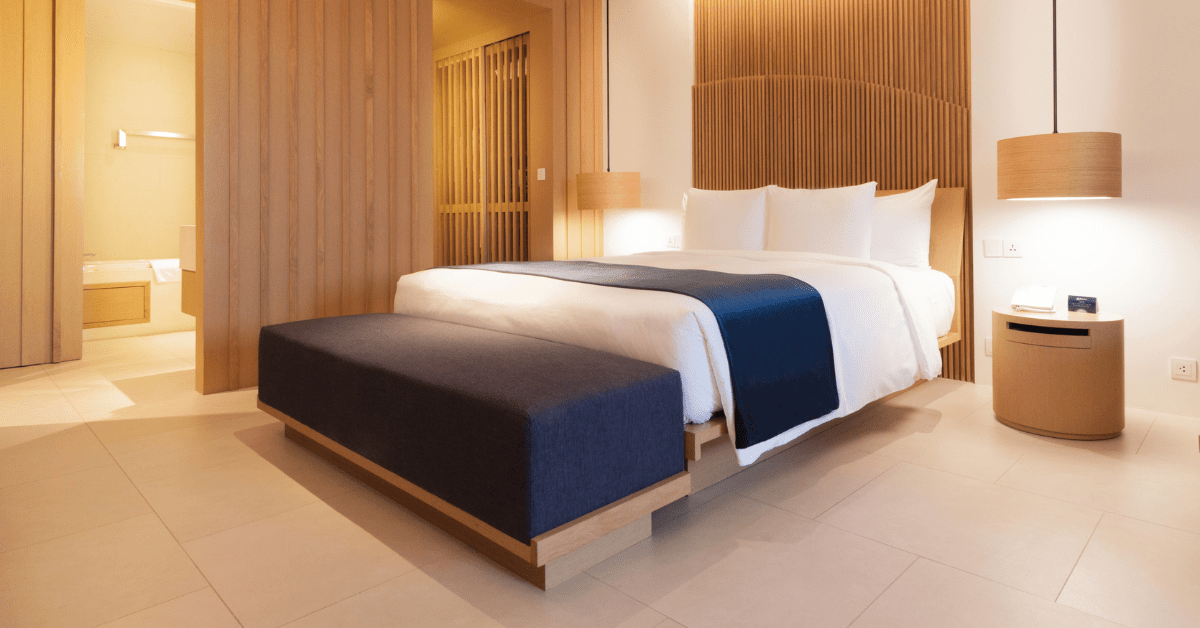
While the direction of your bed is crucial, the bed itself and the accessories around it also play significant roles in Feng Shui. Opting for a sturdy bed with a solid headboard can provide a sense of support and stability, essential for a restful night. The headboard, especially, is seen as a critical element that anchors energy and supports personal growth and healing.
Additionally, the symmetry of bedside tables and lamps promotes balance and equality in relationships, reflecting the importance of harmonious partnerships. Ensuring clutter is minimized under and around your bed is another key aspect. A clutter-free space allows for a smoother flow of energy, facilitating a more peaceful and restorative sleep experience. It’s about creating an environment that not only looks good but feels deeply comforting and energetically aligned with your personal well-being.
The Impact of Color and Material Choices
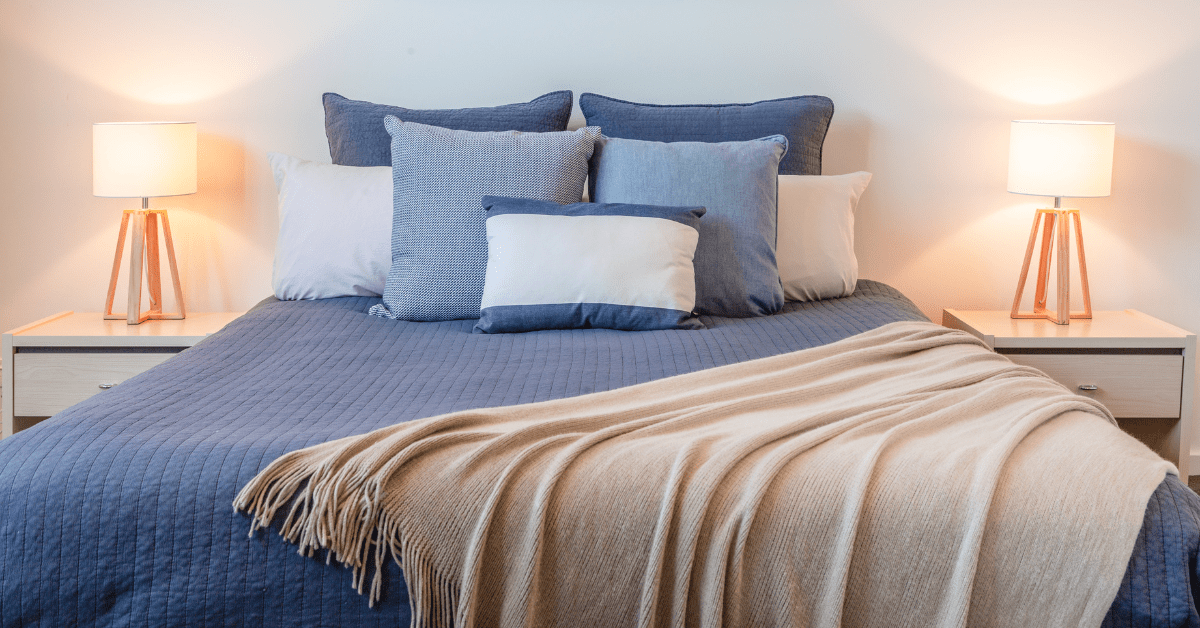
Colors and materials play a significant role in Feng Shui, influencing the energy of your space. Soft, soothing colors like blues, greens, and earth tones are often recommended for bedrooms, as they contribute to a calm and restful atmosphere. These colors are believed to promote healing energy, aiding in relaxation and rejuvenation. On the other hand, vibrant colors like reds and oranges, while energizing, might be too stimulating for a bedroom, potentially disrupting sleep.
The materials of your bedroom furniture and decor should also be considered. Natural materials like wood, cotton, and wool are preferred in Feng Shui, as they help ground the energy and create a more harmonious environment. These materials, coupled with the right colors, can transform your bedroom into a tranquil retreat that supports your sleep and overall well-being.
Related Articles:
- Black and White Bedroom Ideas Perfect for a Modern Edgy Space
- Styling a Bedroom With a Floating Bed Frame
- Where To Put A TV In The Bedroom [3 Great Options!]
Incorporating Feng Shui principles into your bedroom’s design isn’t just about following rules—it’s about creating a space that resonates with you on a personal and energetic level. The direction of your bed, along with the careful selection of furniture, colors, and materials, can significantly influence your sleep quality and overall life energy.
By adapting the best-suited Feng Shui bed direction to your bedroom decor, you’re not just arranging furniture; you’re crafting a sanctuary that nurtures your well-being, supports your personal growth, and harmonizes your space with the natural world.





